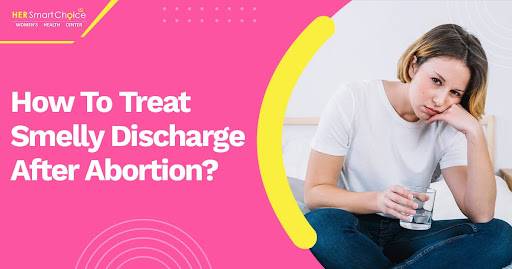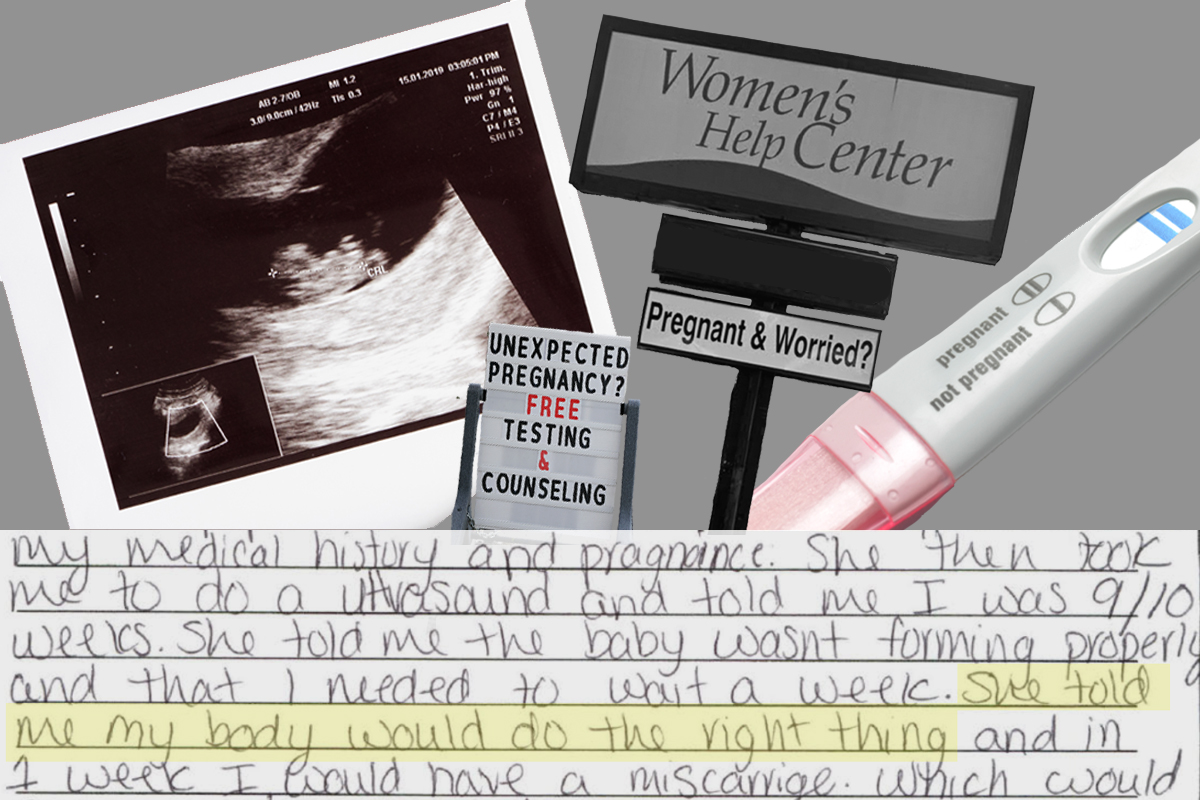Bloating after abortion is a common symptom that can occur due to hormonal changes and retained tissue in the uterus. When a woman undergoes an abortion, her body goes through various changes as it adjusts to the absence of pregnancy.
These changes can lead to bloating, which is characterized by a feeling of fullness, discomfort, and an increase in abdominal size. The bloating may be temporary and resolve on its own, but if it persists or is accompanied by severe pain, fever, or excessive bleeding, it is important to seek medical attention.
Proper rest, hydration, and over-the-counter remedies such as gas-relieving medications or herbal teas may provide some relief.
Understanding Bloating After Abortion
Understanding the reasons behind bloating after abortion can help women better manage their post-abortion symptoms. Bloating is a common side effect after an abortion procedure. The causes of bloating can vary from person to person, but some common factors include hormonal changes, anesthesia used during the procedure, and the body’s natural healing process. It is important to note that bloating is usually temporary and will subside on its own within a few days or weeks. Symptoms to look out for include a feeling of fullness or tightness in the abdomen, increased gas and flatulence, and mild discomfort. Managing bloating after an abortion can be achieved through self-care techniques such as drinking plenty of fluids, eating a balanced diet, avoiding foods that can cause gas, and gentle exercise. If bloating persists or is accompanied by severe pain or other concerning symptoms, it is advisable to consult a healthcare provider for further evaluation and guidance.

Credit: www.wikihow.com
Managing Bloating
- Dietary Adjustments: Make changes in your diet to reduce bloating. Avoiding gas-producing foods like beans, lentils, onions, cabbage, and broccoli can help alleviate symptoms. Incorporate foods rich in fiber, such as whole grains, fruits, and vegetables, to regulate digestion. Also, drink enough water throughout the day.
- Physical Activity and Exercise: Engaging in regular physical activity and exercise can aid in preventing and relieving bloating. Incorporate activities like walking, jogging, or cycling into your routine. These forms of exercise help stimulate the digestive system and reduce bloating.
Seeking Medical Attention
Bloating after abortion can be a concerning issue but seeking medical attention is crucial. If you experience severe or persistent bloating, consult a doctor immediately. Other concerning symptoms such as fever, intense pain, or abnormal discharge should also prompt you to seek medical advice. When it comes to medical treatments, your doctor may recommend medication or further evaluation to address the underlying cause of bloating.
Self-care Tips
After an abortion, it is common to experience bloating as your body is healing. Taking care of yourself during this time is essential for a speedy recovery. Stress management plays a crucial role in reducing bloating and promoting overall well-being. Engaging in activities that help you relax and unwind, such as deep breathing exercises, meditation, and yoga, can be beneficial. Another important aspect of self-care is hydration. Drinking plenty of water helps to flush out toxins from your body and reduces bloating. Additionally, getting enough rest is vital for your body to heal. Make sure to get adequate sleep and follow a healthy sleep routine. These self-care tips, including stress management, hydration, and rest, can greatly aid in reducing bloating after an abortion.
Support And Resources
If you’re experiencing bloating after an abortion, it’s important to take care of your mental health as well. Many individuals find comfort in connecting with others who have undergone similar experiences. Online communities and resources can provide a safe space to share feelings, seek guidance, and find support. Websites such as [Website 1] and [Website 2] offer forums where you can interact with others who have gone through similar situations. Topics often include coping strategies, self-care tips, and ways to manage emotions. Additionally, there are numerous mental health hotlines and helplines available, where qualified professionals can lend an understanding ear and offer guidance tailored to your needs. Remember, reaching out for support is a sign of strength, and there are resources available to help you through this challenging time.
:max_bytes(150000):strip_icc()/pregnancy-symptoms-after-miscarriage-2371519-01-500d3492eaba43ec812f7735a9a37063.png?w=640&ssl=1)
Credit: www.verywellfamily.com

Credit: www.boldsky.com
Frequently Asked Questions For Bloating After Abortion
What Are The Common Causes Of Bloating After Abortion?
Bloating after abortion can be caused by hormonal changes, retained tissue or blood, and inflammation. It’s important to consult a healthcare provider to determine the specific cause and receive appropriate treatment.
How Long Does Bloating After Abortion Usually Last?
Bloating after abortion can vary from person to person, but it typically lasts for a few days to a week. If the bloating persists or becomes severe, it’s recommended to seek medical advice to rule out any underlying complications.
Are There Any Remedies For Bloating After Abortion?
To help reduce bloating after abortion, try drinking plenty of water, eating smaller, frequent meals, avoiding gas-inducing foods, and engaging in light physical activity. It’s also advisable to follow any specific guidance provided by a healthcare professional.
Can Bloating After Abortion Be A Sign Of Infection?
While bloating alone may not necessarily indicate an infection, it can be a symptom if accompanied by other signs such as fever, abdominal pain, foul-smelling discharge, or prolonged bleeding. If you experience these symptoms, it’s crucial to seek medical attention promptly.
Conclusion
In sum, managing bloating after abortion is essential for physical and emotional well-being. By addressing nutritional needs, staying active, and seeking support, individuals can alleviate bloating and feel more comfortable. It’s important to listen to your body, seek medical advice if necessary, and prioritize self-care during this time.




